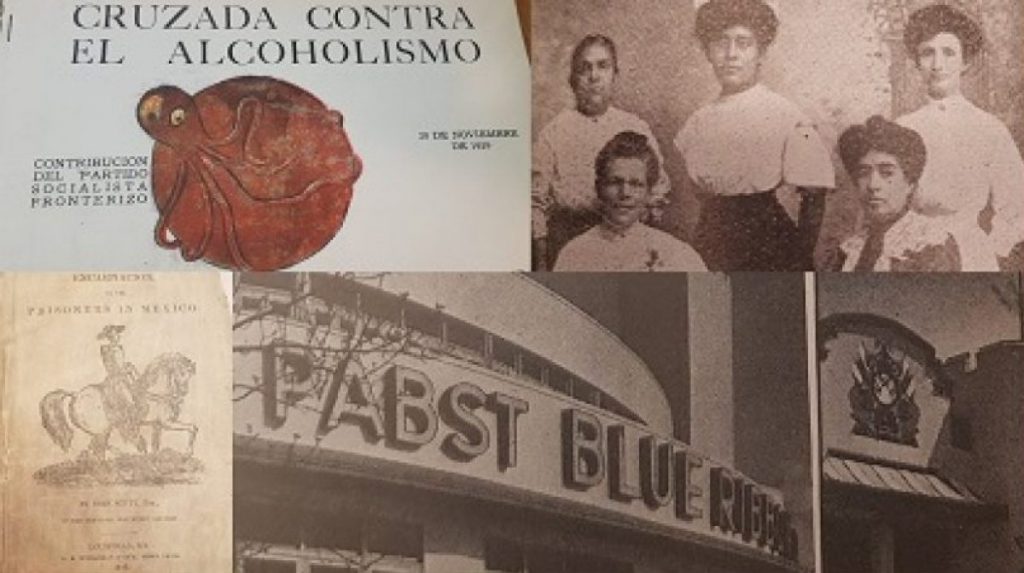Welcome and thanks for visiting! This site is about my current research project examining how racial stereotypes about drinking developed in the US, Mexico and globally. It aims to use this historical knowledge to inform approaches to tackling problem drinking in the present day. Stereotypes about “national” or “ethnic” drinking styles can be harmful, both in terms of shaping drinking behaviour and in fostering racial prejudice. Only by understanding their history and development can we challenge them and change them.
I’m Dr Deborah Toner, Associate Professor of History at the University of Leicester, and the project is funded by an Arts and Humanities Research Council Early Career Leadership Fellowship, from 2019 to 2021. The AHRC supports research that investigates the values and beliefs which underpin both who we are as individuals and how we undertake our responsibilities to our society and to humanity globally.

I’m a social and cultural historian of alcohol, food and identity in the Americas. As well as leading the Alcohol, Race and Ethnicity project, I am also currently a co-investigator on the ESRC-funded project Mental, Neurological and Substance Abuse Disorders in Guyana’s Jails, 1825 to the Present, and co-convenor of the Drinking Studies Network.
There are two major strands to the Alcohol, Race and Ethnicity project.
Firstly, I’m researching and writing a book about how and why racial stereotypes about drinking developed in the US and Mexico between 1845 and 1940 and how those stereotypes interacted. This time period was marked by increasing intercultural contact and conflict between the US and Mexico, and by racial ideologies underpinning the formation of ideas about national identity in both countries. By analysing the commonalities and interactions of different stereotypes within and across borders, I aim to reveal the relationship between the racial stereotypes about drinking, debates about the state of the nation, and the increasingly unequal power relations between the US and Mexico. To do this, I’m looking at points of heightened international exchange: the Mexican American War (1846-48), international exhibitions (1876-1929), international anti-alcohol conferences (1885-1939) and international temperance activity (1891-1940).

The second major strand of activity brings these and other research questions about the racialisation of drinking behaviours into a broader global framework, and will be highly collaborative in nature. Here I’d like to introduce the project’s Research Associate, Jamie Banks. Jamie is currently finishing a PhD on the history of opium use and Asian migration to Mauritius, British Guiana and Trinidad. He is a global and colonial historian with specific interests in the history of alcohol and drugs. Alongside his work on this project, Jamie has also received a Leicester-Wellcome Trust Grant to explore the history of cannabis and mental illness in Britain and Jamaica.

Together, Jamie and I will be convening a research programme to bring together scholars from a wide range of disciplinary and geographical perspectives and professionals engaged in harm-reduction organisations and initiatives, to tackle these questions collectively. This will include a series of workshops and participation in the Drinking Studies Network’s 10th Anniversary Conference – DSN@10 as we like to call it – taking place in November 2020.
